 The company said the addition of new farms is an important tipping point as this year the milking flock maintained by external suppliers will exceed that of Spring Sheep’s own farms. These additional milking ewes will help grow the company’s product lines into new markets.
The company said the addition of new farms is an important tipping point as this year the milking flock maintained by external suppliers will exceed that of Spring Sheep’s own farms. These additional milking ewes will help grow the company’s product lines into new markets.
Spring Sheep Milk Co. said growing consumer awareness and clinical evidence of sheep milk’s nutritional and digestibility benefits means demand is rising and the company is looking to partner with additional suppliers for the 2021 dairy season.
It said there has been interest from farmers looking to diversify or convert their existing farms. Interest is driven by multi-year fixed price milk contracts, a low environmental land use, greater utilization of existing assets and succession opportunities for the next generation.
The new suppliers for this season are all in the Waikato and are using Spring Sheep’s bovine to ovine conversion model to convert existing cow infrastructure and repurposing the farm to suit sheep. This will see more than 250 hectares of land transfer from traditional cow dairy to sheep dairy.
“Over the past several years we have been developing and growing the Spring Sheep milk pool through producing leading sheep dairy genetics matched to proven farming models,” said Thomas Macdonald, Spring Sheep general manager – milk supply.
“Refining how to milk sheep in New Zealand using our unique farm system advantages has been a key focus. The combination of Spring Sheep’s leading yields and established farming systems means the timing is right for expansion with supplier farmers looking for high value land uses with a low environmental impact.”
Typically, flocks are delivered in June ahead of the milking season to assist farmers by allowing a focus on the conversion process before receiving the ewes.
“Our use of a combination of leading European dairy breeds that were selected and adapted for New Zealand conditions through an extensive genetic development program has resulted in a high performance flock of milking sheep which continue to increase in yield and milkability traits season after season. Milk production is rapidly climbing through a longer peak milk period and greater days in milk, now over 240 days,” Macdonald said.
The top ewes at Spring Sheep’s pilot farms produced more than 500 liters this season, which the company said shows top global yields are achievable in a New Zealand farming system. Macdonald said supplier farmers can expect to produce 250 liters per ewe as a starting yield given the nature of learning a new farming system and adapting to sheep dairy farming. Long run yields of 350 to 400 liters per ewe on average are expected in the coming seasons.
In the 2019/20 dairy season new studies and trials on farm have led to efficiencies in lamb rearing, animal health, grazing techniques and increased production per ewe with an overall drop in the cost of production.
“Seeing these farm systems gains combined with new generations of elite milking sheep has been exciting for Spring Sheep’s current suppliers and a great network of knowledge and support is now available for new farmers joining the industry,” Macdonald said.
The launch of Sheep Milk Full Cream Powder Pouches and infant formula product lines have absorbed every liter of production from the growing farmer group.
“Sheep milk is a fast growing dairy market segment, particularly in Asia, given its digestive and nutritional benefits compared to other dairy products,” Scottie Chapman, Spring Sheep CEO said.
“The alternative milk category has been experiencing very strong growth for many years – with sheep milk we’re looking to create an industry that is sustainably matched to this demand as well as producing a product that is more easily digestible and better for our consumers.
“We’ve also seen further growth with the demand for our products rising considerably through the COVID-19 outbreak, especially with many governments backing the consumption of dairy for immune health.”
Spring Sheep markets its sheep milk nutritional products in Malaysia, Vietnam, Taiwan, and New Zealand. On the horizon is a launch into the China market, followed by Australia and select Asian markets next year.
To prepare for the upcoming growth, Spring Sheep has secured long term access to a new drying plant with Melody Dairy at Rurakura, a new 1.2t per hour spray dryer suited to fresh milk and manufacturing of Spring Sheep’s product lines. The new dryer is currently in commissioning and will be ready to take the increase in milk this dairy season.
Source: dairyreporter.com








 The a2 Milk Company (A2MC) has fuelled speculation that it is in the running to buy the $NZ400m (A$375m) Mataura Valley Milk company in New Zealand, with the release of a statement on Monday saying it is in “discussions with a number of parties”.
The a2 Milk Company (A2MC) has fuelled speculation that it is in the running to buy the $NZ400m (A$375m) Mataura Valley Milk company in New Zealand, with the release of a statement on Monday saying it is in “discussions with a number of parties”.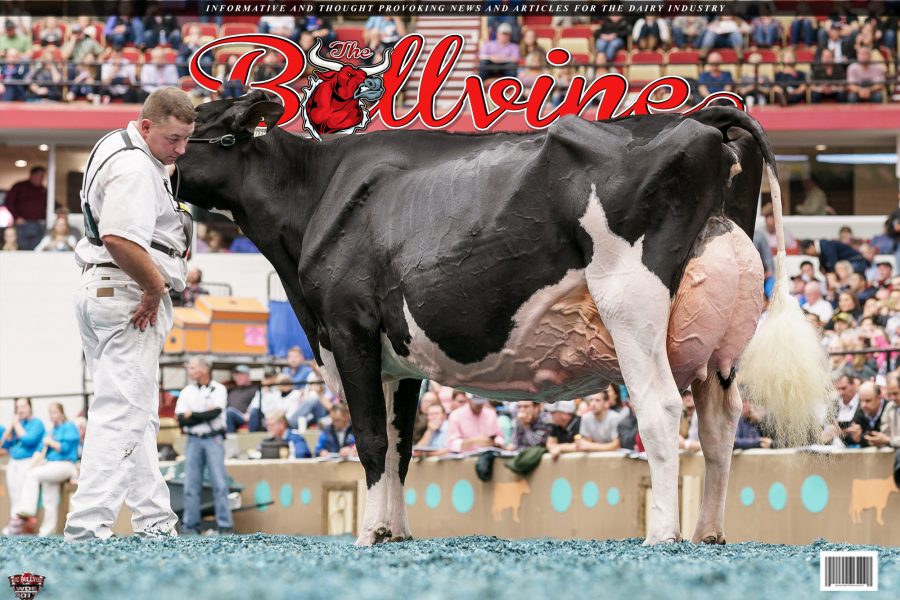
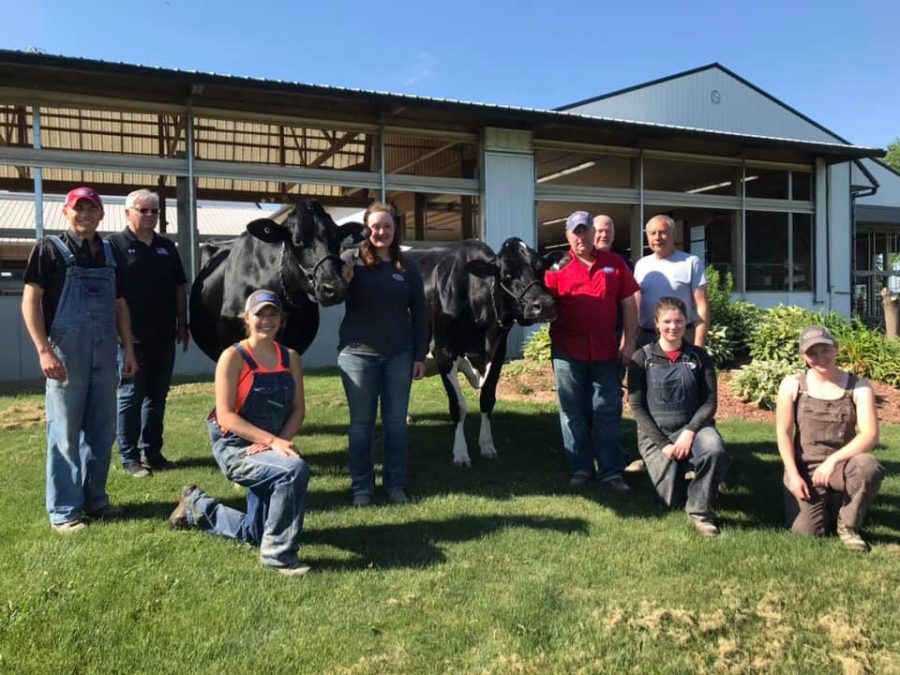
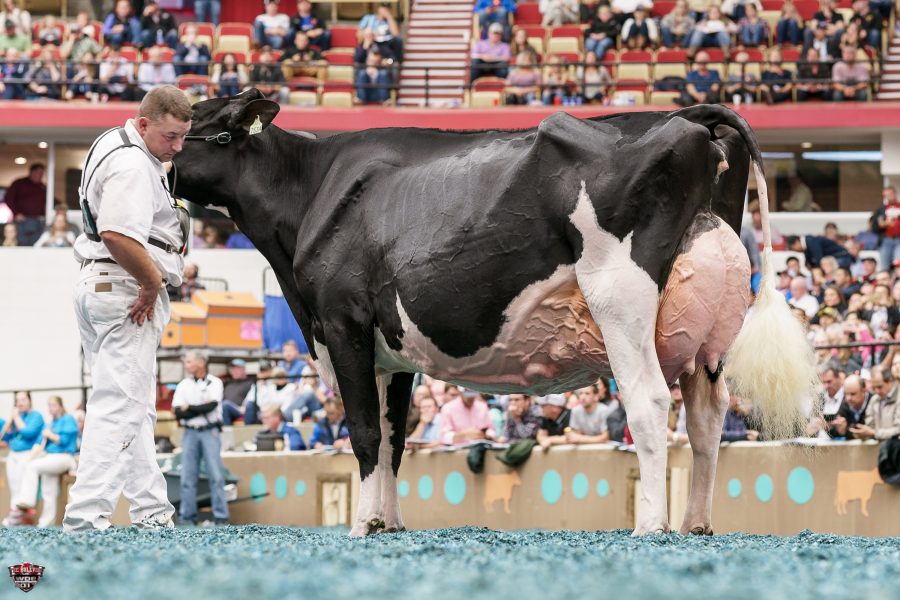
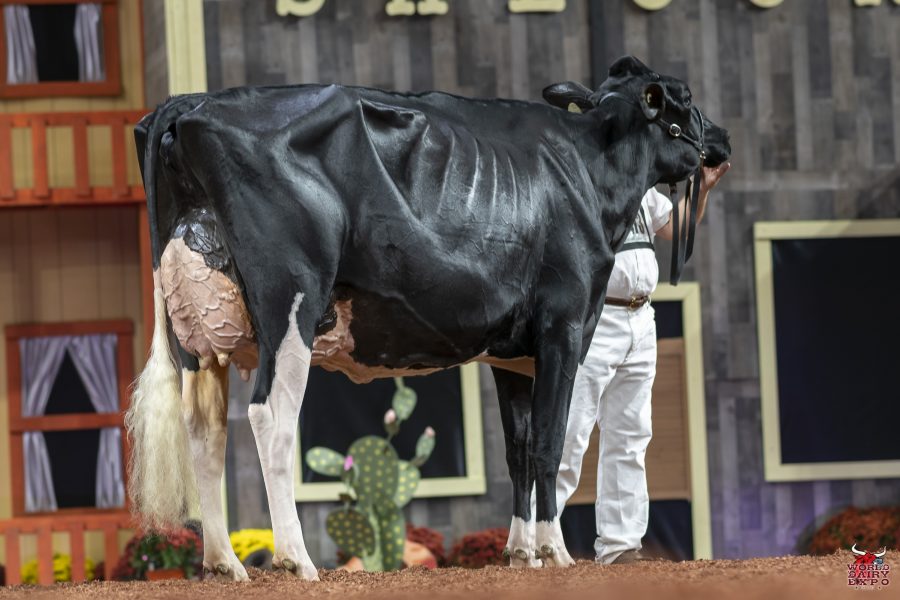 Congratulations to all of the owners!
Congratulations to all of the owners!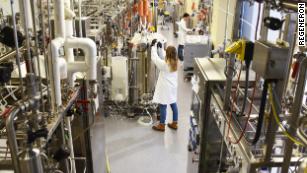 A South Dakota company expects to start human trials next month for a Covid-19 antibody treatment derived from the plasma of cows.
A South Dakota company expects to start human trials next month for a Covid-19 antibody treatment derived from the plasma of cows.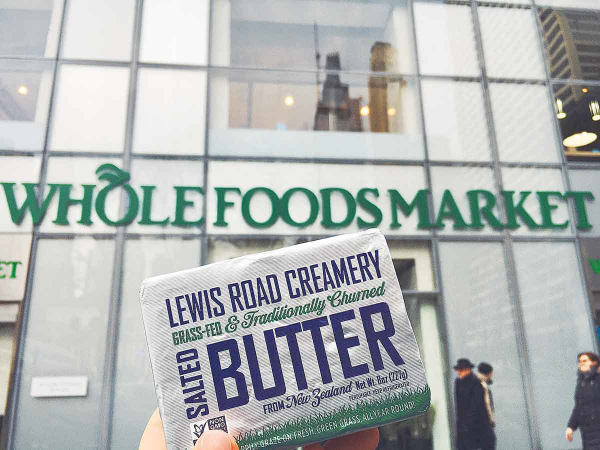 Boutique dairy, Lewis Road Creamery, says sales of its premium butter in the US have skyrocketed during the COVID-19 pandemic.
Boutique dairy, Lewis Road Creamery, says sales of its premium butter in the US have skyrocketed during the COVID-19 pandemic. Dairy farmers are partnering with local food pantries as they look to help each other out through a supply management program created as a result of the pandemic.
Dairy farmers are partnering with local food pantries as they look to help each other out through a supply management program created as a result of the pandemic.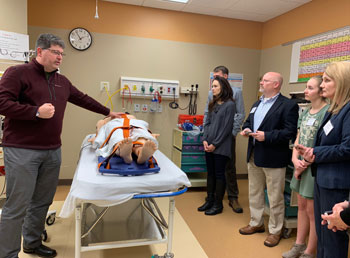
/cloudfront-ap-southeast-2.images.arcpublishing.com/nzme/6KIFPKGF7ZCQNCOX4DKEIDV4CI.jpg) Whanganui dairy farmer Chris Davison has more of a sparkle in his step, after being awarded a rare green diamond ring from DairyNZ.
Whanganui dairy farmer Chris Davison has more of a sparkle in his step, after being awarded a rare green diamond ring from DairyNZ. This was the scene on Porter Road in Troy on Thursday night of last week. Fire crews responded to a large barn fire in Bradford County. It took crews around two hours to put out the flames.
This was the scene on Porter Road in Troy on Thursday night of last week. Fire crews responded to a large barn fire in Bradford County. It took crews around two hours to put out the flames. STgenetics® has always been proud to support our dairy youth and this year is no different. In the month of June, STgenetics® has donated $1 for every unit of semen sold to each dairy breed’s junior associations.
STgenetics® has always been proud to support our dairy youth and this year is no different. In the month of June, STgenetics® has donated $1 for every unit of semen sold to each dairy breed’s junior associations.

 Union blames it on Aavin for refusing to procure milk.
Union blames it on Aavin for refusing to procure milk. Under the terms of the proposed transaction, Beston will receive all milk from the farms, currently around 17m liters per annum, over a ten-year period. Aurora is expected to continue to grow production from these farms in the future.
Under the terms of the proposed transaction, Beston will receive all milk from the farms, currently around 17m liters per annum, over a ten-year period. Aurora is expected to continue to grow production from these farms in the future.
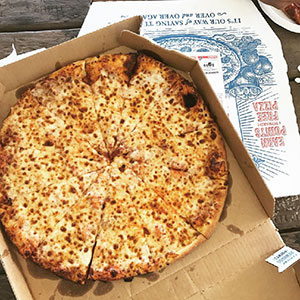 Michigan’s dairy farmers again stepped up to the plate to help neighbors in need. After devastating floods destroyed homes and businesses in mid-Michigan last month, the United Dairy Industry of Michigan (UDIM), United Way and checkoff partner Domino’s Pizza distributed pizza to shelters serving Midland, Gladwin and Saginaw counties. Pizza was also delivered to frontline construction and flood protection workers in the tri-county area.
Michigan’s dairy farmers again stepped up to the plate to help neighbors in need. After devastating floods destroyed homes and businesses in mid-Michigan last month, the United Dairy Industry of Michigan (UDIM), United Way and checkoff partner Domino’s Pizza distributed pizza to shelters serving Midland, Gladwin and Saginaw counties. Pizza was also delivered to frontline construction and flood protection workers in the tri-county area.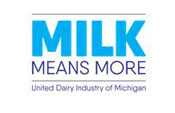
 Ocean-View Sterling Silver, bred and owned by Ocean View Genetics, Daryl and Pam Nunes in Deerfield, Wis., has earned the honor of being named Holstein Association USA’s 2019 Star of the Breed.
Ocean-View Sterling Silver, bred and owned by Ocean View Genetics, Daryl and Pam Nunes in Deerfield, Wis., has earned the honor of being named Holstein Association USA’s 2019 Star of the Breed.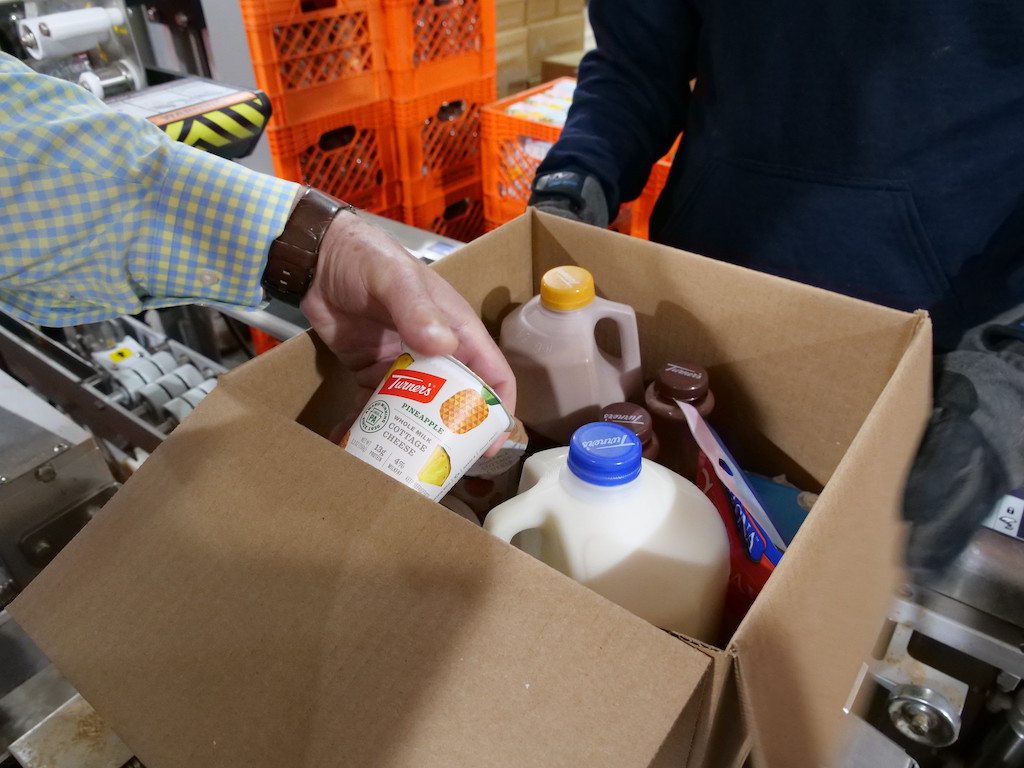 New analysis finds USDA’s food aid program is buying milk at overblown prices—sometimes more than twice what you’d pay in the supermarket.
New analysis finds USDA’s food aid program is buying milk at overblown prices—sometimes more than twice what you’d pay in the supermarket.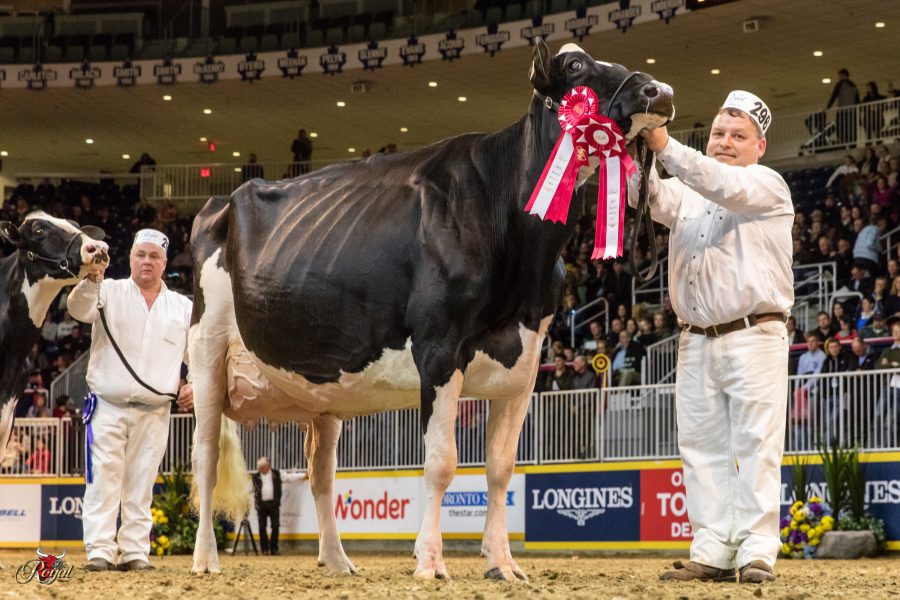
 The Japanese subsidiary behind major beer brands in Australia, such as XXXX, James Squire, Hahn and Little Creatures, has been hit by a cyberattack that has left its IT system and manufacturing temporarily disrupted,
The Japanese subsidiary behind major beer brands in Australia, such as XXXX, James Squire, Hahn and Little Creatures, has been hit by a cyberattack that has left its IT system and manufacturing temporarily disrupted,  Science’s COVID-19 reporting is supported by the Pulitzer Center.
Science’s COVID-19 reporting is supported by the Pulitzer Center.



